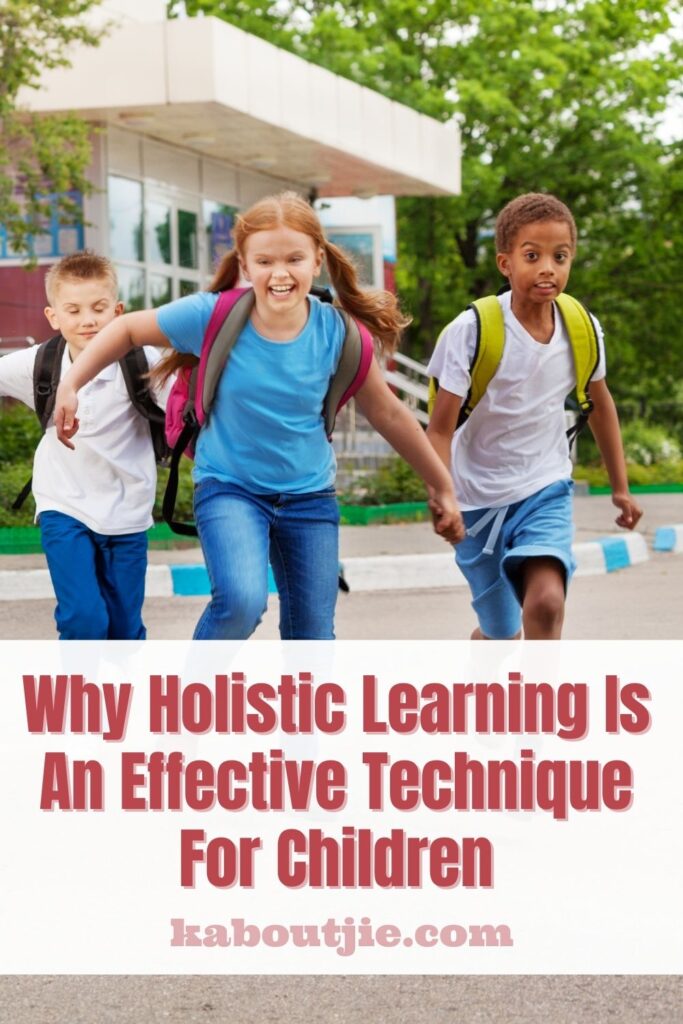It often seems that, in the modern world, every child needs to have a label. But, the reality is that these labels simply confirm what most educators already knew, every child is different.
While a generalized education program can be effective for many children, it is not the only approach. In recent years there has been a huge increase in interest in a holistic learning approach for teaching children.
That’s why so many reputable establishments, such as this early learning Croydon, have adopted holistic teaching methods.

What Is Holistic Learning?
A holistic approach to learning means that the educators aren’t just looking at what needs to be taught and telling students what they need to know. Instead, they look at the bigger picture. For children, this generally means looking at which situations encourage learning and which detract from it.
This does mean the approach needs to be different for different students. But, with the right support and learning equipment, it is possible to create different learning environments and ensure every child has the best possible start in life.
Holistic learning means looking at each child to see their strengths and weaknesses and then playing to their strengths while educating them.
Let’s take a look at why this approach is so effective:
Curtails Boredom
One of the most obvious benefits of holistic learning is that the child is much less likely to become bored. They will be learning through their personal strengths which means it will be in a way that is effective and enjoyable for them.
If they are not bored they are less likely to be distracted and more likely to learn!
Skills Focus
Not everyone is going to grow up to be an astronaut or run a billion-dollar company. That’s fine. By recognizing a child’s strengths and weaknesses at a young age education can be designed to give them the skills and information they need to do well in life with their own personal preference.
This means children will generally be more focused at school because they enjoy what they are doing. They can also see a physical benefit to learning and this will encourage them to work harder.
Adaptable
A holistic approach to education doesn’t just evaluate a child and start them on a chosen path. Instead, the child will be constantly evaluated to ensure that as the child evolves the style of education evolves. This maintains interest by ensuring relevance throughout the education system.
Overall care
Holistic learning also ensures that the child is looked after mentally as well as physically. Teaching children to embrace mental and physical health when they are young is an effective way of removing taboos.
This will make it easier for all children to learn as they grow and achieve success in life, regardless of what path they wish to follow.
In short, a holistic approach to education is more likely to create productive and happy adults, which is the fundamental purpose of education.
 Kaboutjie SA Mommy Blogs by Lynne Huysamen
Kaboutjie SA Mommy Blogs by Lynne Huysamen





Lynne are there any nurseries that offer this kind of approach, or does it start later when they are like 5
I’m really not sure, however maybe check out Montessori schools in your area.